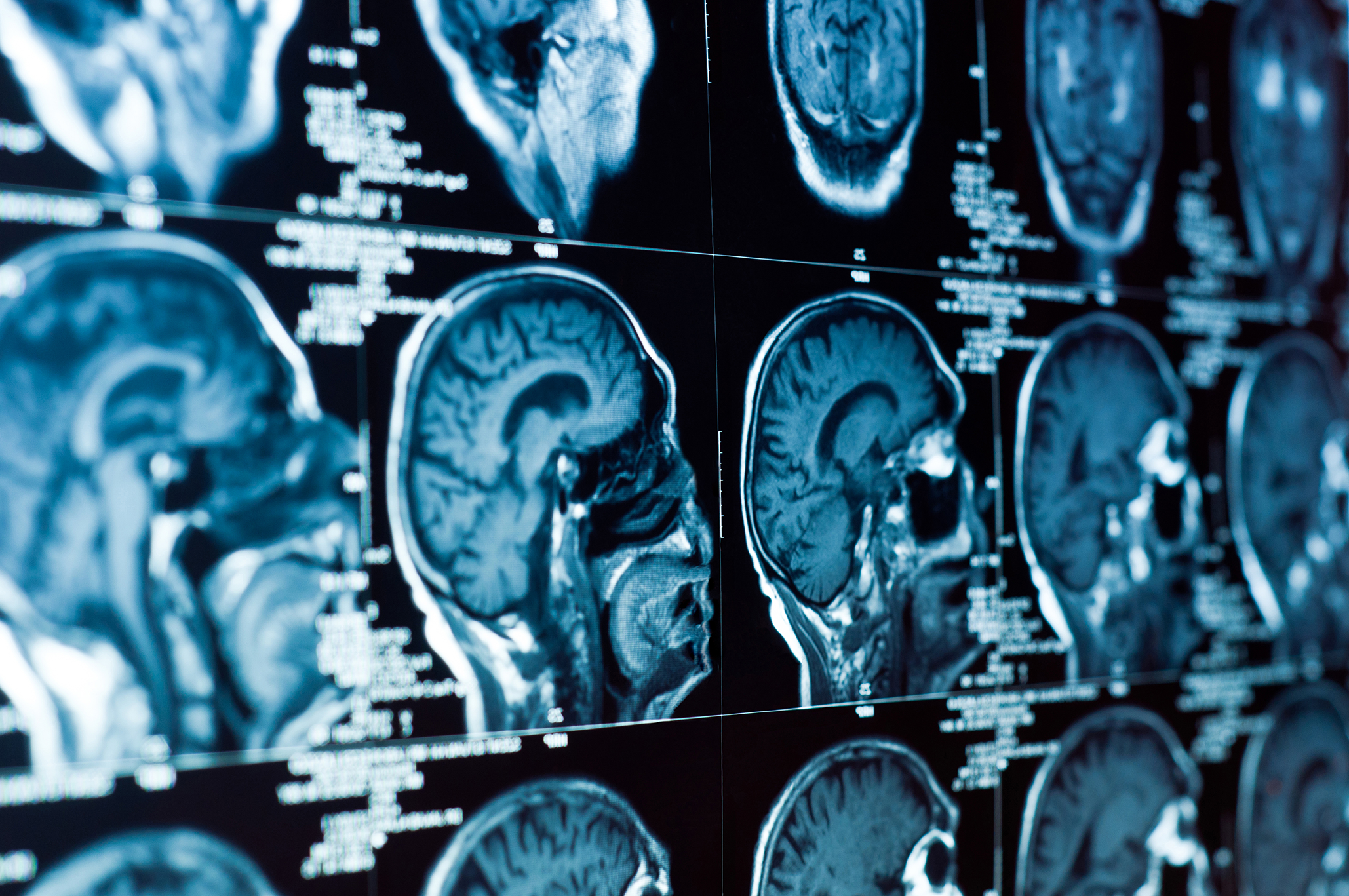Treatment depends on the condition causing the dementia. Some people may need to stay in the hospital for a short time. Sometimes dementia medicine can make a patient’s confusion worse. Stopping or changing these medicines is part of the treatment. Certain mental exercises can help with dementia.
Treating conditions that sometimes lead to confusion often greatly improves mental function. Such conditions include:
+ Anemia
+ Congestive heart failure
+ Decreased blood oxygen (hypoxia)
+ Depression
+ Heart failure
+ Infections
+ Nutritional disorders
+ Thyroid disorders
Medicines that may be prescribed include:
Aricept, which can help slow the decline in memory and improve mental function (such as thinking) by increasing the amount of a certain natural substance in the brain. Patients who continued taking Aricept were better able to remember, understand, communicate and perform daily tasks for at least a year longer than those who stopped taking the drugs.
Namenda, either alone or in combination with Aricept, helps slow the clinical progression in Alzheimer’s dementia. Starting treatment early may improve the patient’s chances. The benefits of Namenda increase over time, allowing patients to remain independent for longer, alleviating caregiver burden, and delaying the possible need to be institutionalized.
Namzaric, a combination of Namenda and Aricept, is approved for the treatment of moderate to severe Alzheimer’s disease. We find that patents are more likely to take this drug as prescribed since it is only taken once a day.
Exelon transdermal patch is applied to the skin once a day. It’s used to treat people with:
Dementia, a brain disorder that affects the ability to remember, think clearly, communicate, and perform daily activities and may cause changes in mood and personality
Alzheimer’s disease, a brain disease that slowly destroys the memory and the ability to think, learn, communicate and handle daily activities,
dementia related to Parkinson’s disease, a brain system disease with symptoms of slowing of movement, muscle weakness, shuffling walk, and loss of memory.





